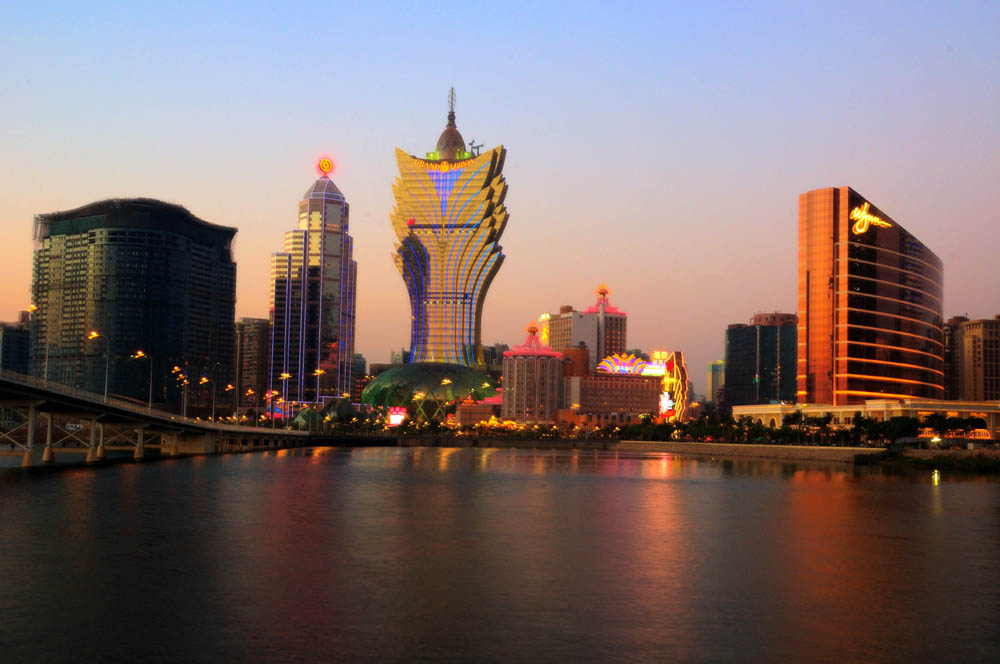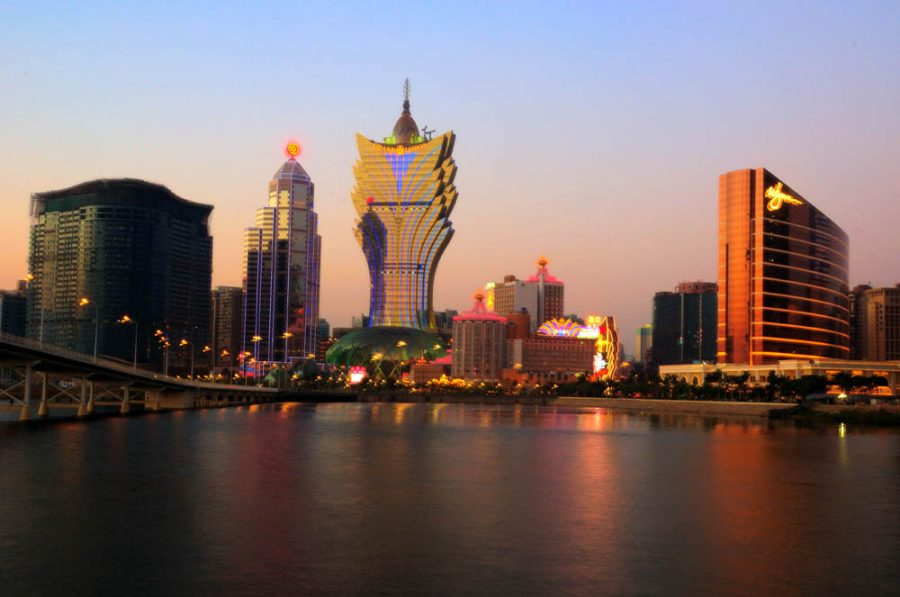Macau, China, 26 Feb – The Macau government generally respected the human rights of its citizens, according to the 2008 Human Rights Report released on Wednesday by the United States Department of State.
The report however said that some problems remained, most notably limits on citizens’ ability to change their government, trafficking in persons, and reports of official corruption.
The 2008 Macau report also said “there were no reports that the government or its agents committed arbitrary or unlawful killings, no reports of politically motivated disappearances or torture”.
According to the report, Macau law provides for an independent judiciary, and the government generally respected judicial independence in practice, but noted “a shortage of local bilingual lawyers and magistrates hampered the development of the legal system. There also was a severe shortage of judges”.
“The judiciary provides citizens with a fair and efficient judicial process; however, due to an overloaded court system, a period of up to a year often passed between filing a civil case and its scheduled hearing,” said the report.
There is an independent and impartial judiciary for civil matters, and citizens have access to a court to bring lawsuits seeking damages for, or cessation of, a human rights violation.
Concerning the freedom of speech and of the press, “the government generally respected these rights in practice,” according to the 2008 report.
However, the report noted that the Macau authorities denied the entrance in the territory of several politicians and journalists from Hong Kong “in accordance with the security law that allows the authorities to refuse the entry of a person who poses a threat to stability or internal security.”
“The independent media were active and expressed a wide variety of views without restriction, and international media operated freely. Major newspapers were heavily subsidized by the government and tended to follow closely the PRC central government line on sensitive political issues, such as Taiwan; however, they reported freely on the SAR government, including reports critical of the government,” according to the report.
The US Department of State considers that the Macau “government generally respected freedom of religion” and said that “there were no reports that Falun Gong practitioners were denied entry into the Special Administrative Region”.
“The law provides for freedom of assembly and association, and the government generally respected these rights in practice,” said the report.
On Macau government corruption and transparency the report said that “the law provides criminal penalties for official corruption; however, officials sometimes engaged in corruption,” in a clear reference to former public works secretary Ao Man Long convicted on 57 counts of taking bribes, money laundering, abuse of power, and other charges and sentenced to 27 years’ imprisonment.
The report noted that “a number of domestic and international groups monitoring human rights generally operated without government restriction, investigating and publishing their findings on human rights cases. Government officials often were cooperative and responsive to their views”.
On the conditions of work the report said that “local labour laws establish the general principle of fair wages and mandate compliance with wage agreements. There was no mandatory minimum wage except for government-outsourced security guards and cleaners. Average wages provided a decent standard of living for a worker and family”.
The US Report said that “prostitution is legal and common; however, procurement and the operation of a brothel are illegal. Nevertheless, Macau had a large sex trade, including brothels, most of which were believed to be controlled by Chinese organised crime groups, and many of those exploited by the trade were women”.
The report said that “Macau is a transit and destination point for women trafficked for the purposes of sexual servitude. While the majority of mainland or foreign women who entered the territory to become prostitutes were believed to have done so voluntarily, there was evidence that some had been deceived or coerced into participating in the commercial sex trade”.
The 2008 report on Macau also said that the “authorities believed that Chinese, Russian, and Thai criminal syndicates were involved in trafficking women to Macau for prostitution, after which victims were passed on to local crime syndicates. There were no confirmed reports of official involvement in human trafficking. Victims were primarily from mainland China, Mongolia, Russia, Eastern Europe, Vietnam, and Thailand”.
(MacauNews)






